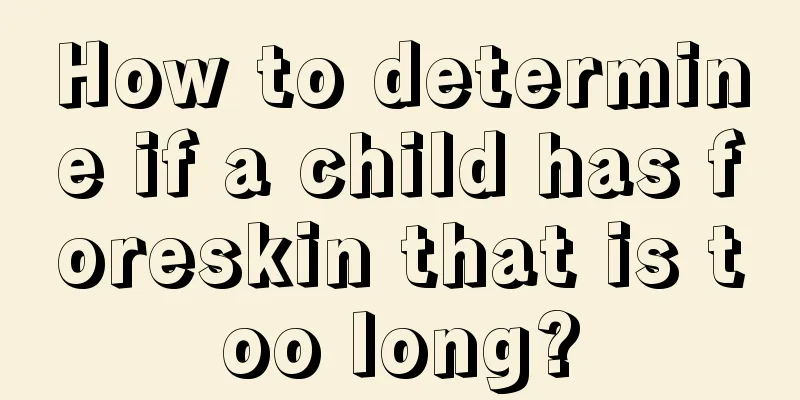When does the hair on the baby's ears fade away?

|
After the baby is born, there will be a lot of hair all over the body, which is the so-called lanugo. The amount of lanugo has a great relationship with the fetus's physique, but it does not mean that the baby's physique is bad if there is less lanugo. The lanugo on the ears of many babies is particularly obvious, thin and long, which makes many parents a little nervous. In fact, this is a normal phenomenon and will fall off naturally. So when does the hair on the baby's ears fade away?
Generally, newborns have more lanugo on their ears and backs. The areas with more lanugo usually start to fall off in about one month. Some babies are more stubborn and may even keep the hair until they are more than 4 months old. As long as the baby's height and weight growth is normal, the baby's hair will fall out faster. If the baby is thin, the weight will generally decrease slowly. If the baby is fat, the weight will decrease a little faster.
The custom in some places is to shave the baby's head when it is one month old, which means shaving off all the hair and even the eyebrows. In this way, the child's hair and eyebrows will grow black, thick and dense. In fact, the speed, thickness, and amount of hair growth have nothing to do with whether or not to shave the lanugo, but are closely related to the child's genetics, nutritional status, and growth and development. The baby's skin is thin and tender, and its resistance is not strong. Shaving can easily damage the skin and cause infection. Once the bacteria enter the roots of the hair and damage the hair follicles, not only will the hair grow poorly, but it will also lead to hair loss. If the baby has thick hair and it happens to be summer, you can shave his hair short to prevent eczema, but don't shave him bald. If you have scalp eczema, avoid shaving as this will make you more susceptible to infection. 3. The amount of fetal hairIt has nothing to do with the mother's nutritional absorption during pregnancy, her illness, the degree of pregnancy reaction, or her own emotions, so new mothers do not need to feel guilty about their baby's thin hair. Newborns usually have less hair, which is a normal physiological phenomenon. As the baby grows older and develops, his hair will change from sparse to dense, from fine to coarse, and then from yellow to black. In addition, diseases such as anemia and Japanese encephalitis can also affect hair growth. |
<<: Can you twist a child's ears?
>>: Newborn baby making gurgling sounds
Recommend
What to do if your 2-year-old baby has a runny nose and sneezes
It is very troublesome when a baby is sick. Child...
What is the fastest way to drown the neck?
When the folds of our skin become red and rotten,...
Is it normal for a child to have a vision of 0.8?
We found that many people with vision problems ar...
What are the symptoms after hernia surgery in children?
Generally, after a child has a pediatric hernia, ...
What to do if your child has a recurring fever? Treatment of fever in children
Children are more likely to get sick during the t...
Children's cough folk remedies detailed introduction
Coughing is a common phenomenon among children, e...
What to do if baby has scabs
When a baby develops eczema, small red blisters w...
Baby wakes up with swollen eyes
For mothers, it is so adorable to see the cute lo...
The reason why children clench their teeth when sleeping at night
Children will encounter many problems as they gro...
How to deal with children's abrasions and broken skin
Children often bump into things while playing. Es...
How to treat hand, foot and mouth disease
I believe everyone is familiar with hand, foot an...
What is the reason for baby's stool to be stringy?
Babies don't have much ability to express the...
Baby's lips turn pale
As we all know, if our lips look pale, it means t...
Children's skin has millet-sized pimples
Children's skin is more sensitive when they a...
How to help children have good eyesight
With the arrival of the holidays, children can fi...









